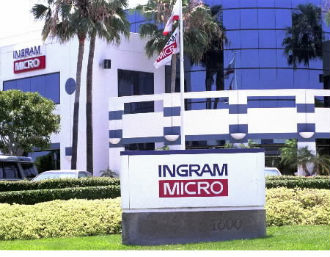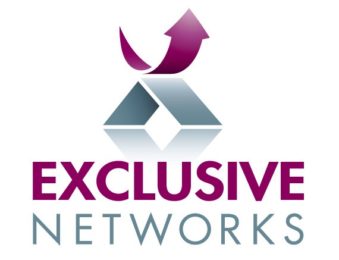 Bytes had a good first six months of its financial year.
Bytes had a good first six months of its financial year.
The reseller says it performed well across its key financial performance metrics in an update on trading thanks to “robust demand” which helped achieve double-digit growth in gross invoiced income.
It secured year-on-year growth in gross invoiced income and gross profit of more than 20 percent, while adjusted operating profit growth was in the high-teens.
Some of the money was due to accelerated adoption by customers of cloud usage or subscription-based products and a consequent increase in debtor days.



















